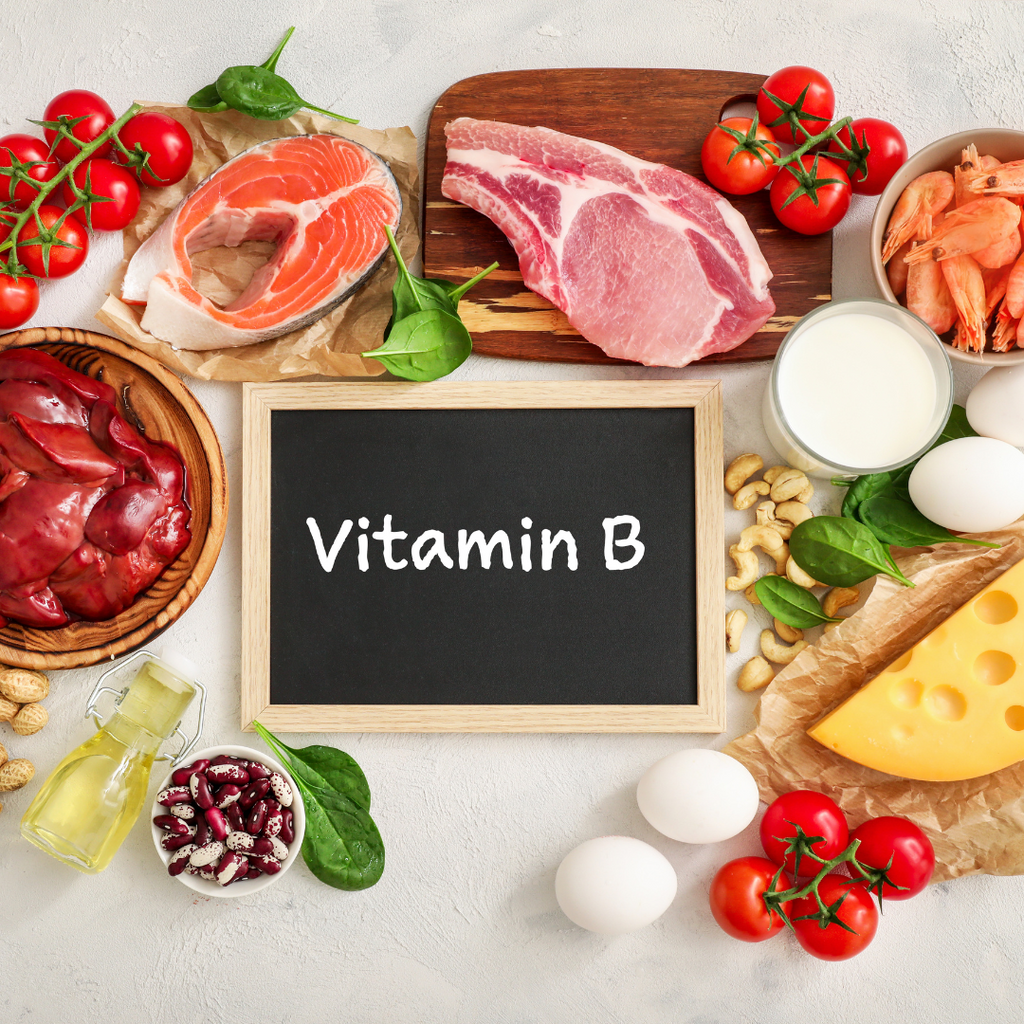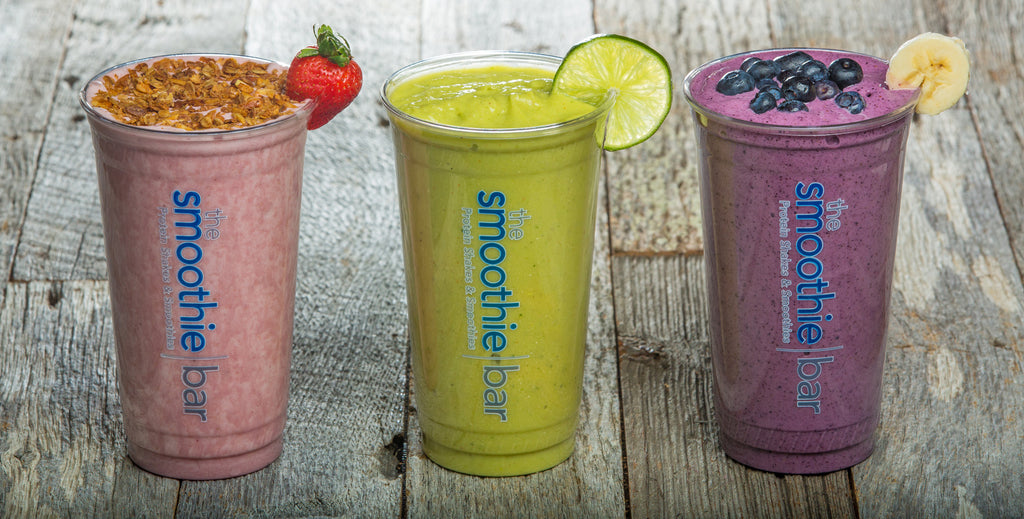Nutrition Blog — protein
Fueling for Success
Julia Barber
B Vitamins
Julia Barber
Grilled BBQ Chicken with Veggie Skewers
Jillian Tedesco
5 Reasons Why You Should Eat Breakfast
Julia Barber
Postpartum Nutrition
Julia Barber
What To Eat Before & After Your Workouts
Julia Barber
What Is Whey Protein Powder?
Allison Lesko RD LD
Stay up to date on the latest nutrition tips and news to live a healthy lifestyle!
Unsubscribe at anytime. We will never give away your information.











